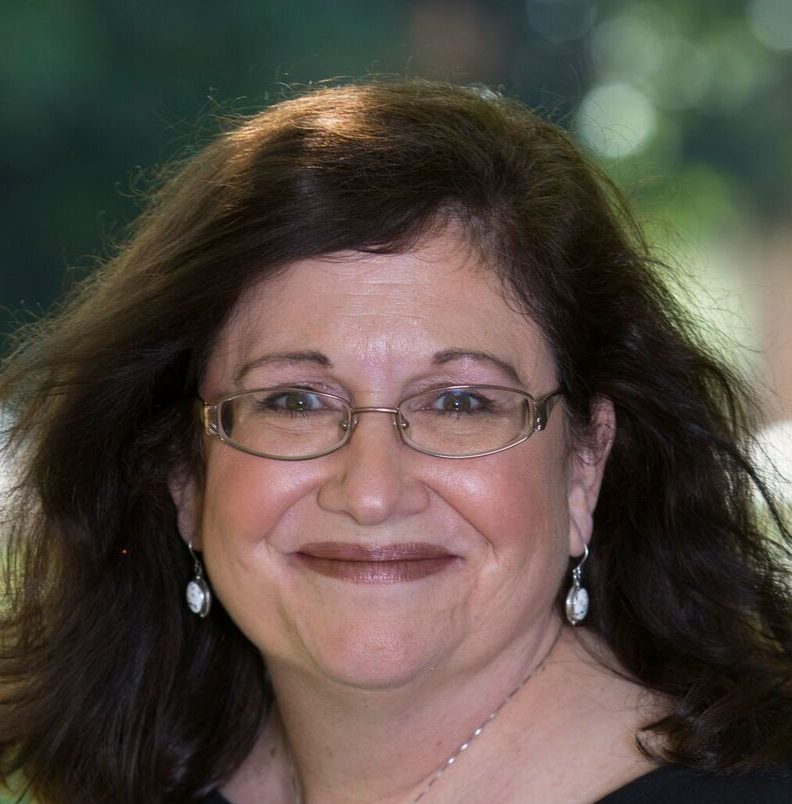Strong on safety
After serving in the Navy and FBI, Eric Williams returns to Denver to ensure that his hometown is a safe and welcoming city for all people.

The stack of to-dos on Eric Williams’ desk is tall – and accomplishing each is critical to keeping Denver a safe and thriving metropolis. In his role as deputy director of the city’s Department of Public Safety, he’s charged with managing first responders, 911 communications, jail administration, community relations, employee ethics, youth programs and gang reduction, among other priorities.
Williams is up to the task.
He is an attorney and U.S. Navy veteran who returned to his hometown in May 2018 to take on the deputy-director position after working for more than a decade at the FBI in Washington, D.C. During his time in the bureau, Williams served as an advisor to FBI Directors James B. Comey and Christopher A. Wray. As a supervisory special agent in the Office of Congressional Affairs, he was detailed to the U.S. House Judiciary Committee as counsel, advising members on methods to combat public corruption, terrorism and color-of-law violations.
His experience at the FBI reinforced teamwork and integrity; the Navy taught him how to bridge divides among people and gave him a front-row seat to view just how big the world truly is.
But when it comes to achieving his goal of opening doors for Denver’s marginalized communities, Williams harks back to his experience growing up in the metro area and his education at Metropolitan State University of Denver.
“I know what it’s like to overcome tremendous obstacles with minimal guidance and connections,” he says.

Williams grew up in Park Hill, but his mother opted to send him to Cherry Creek Public Schools beginning in sixth grade. He spent those middle- and high-school years straddling divergent neighborhoods – he and his mother lived in Aurora while his father and grandparents remained in Park Hill. “It was two different worlds: Park Hill was more diverse, Aurora less so at that time,” he says.
After Williams completed his freshman year at Smoky Hill High School, he and his mother moved back to Denver; however, he continued attending the same high school. His schooling began well before class during his 50-minute commute from his apartment in Denver to Smoky Hill. Williams recalls passing drug dealers, gangs and prostitutes on his walk to the RTD bus stop at East Colfax Avenue and Syracuse Street. “You name it, I saw it there,” he says.
As he worked through high school, Williams recalls watching several of his Park Hill friends lose their way – turning to drugs, crime and gangs in an attempt to cope with their environment. He stayed on his path and worked hard to avoid those traps in an effort to not disappoint his mother, he says. That path ultimately led him to MSU Denver.
“The University allowed my passions, which include seeking justice and serving as a voice for others, to transform seemingly lofty goals into action,” says Williams, a 2001 cum laude graduate who earned a Bachelor of Science degree in criminology and criminal justice.
“I learned to set action plans – creating a goal, identifying the steps needed to achieve it and relentlessly executing those steps.”
Studying under professors with experience in the field bolstered his belief that he too could find a role in improving his corner of the world.
“Learning from practitioners who personally understood the complexities of working in the justice system fortified my belief that I could help make the system better,” he says.
It isn’t lost on Williams that today, as he tackles Denver’s most pressing problems, he embodies the potential that was lost by so many of his peers. He often looks back to his youth in thinking about how to help young people, he says. The first thing he sees is lives filled with value and potential.
“Too many of these kids are encountering the justice system, and we can’t allow that,” he says. “They’re smart, thoughtful and resilient – there’s a life ahead of them, and we have to pave paths to help them get there.”







